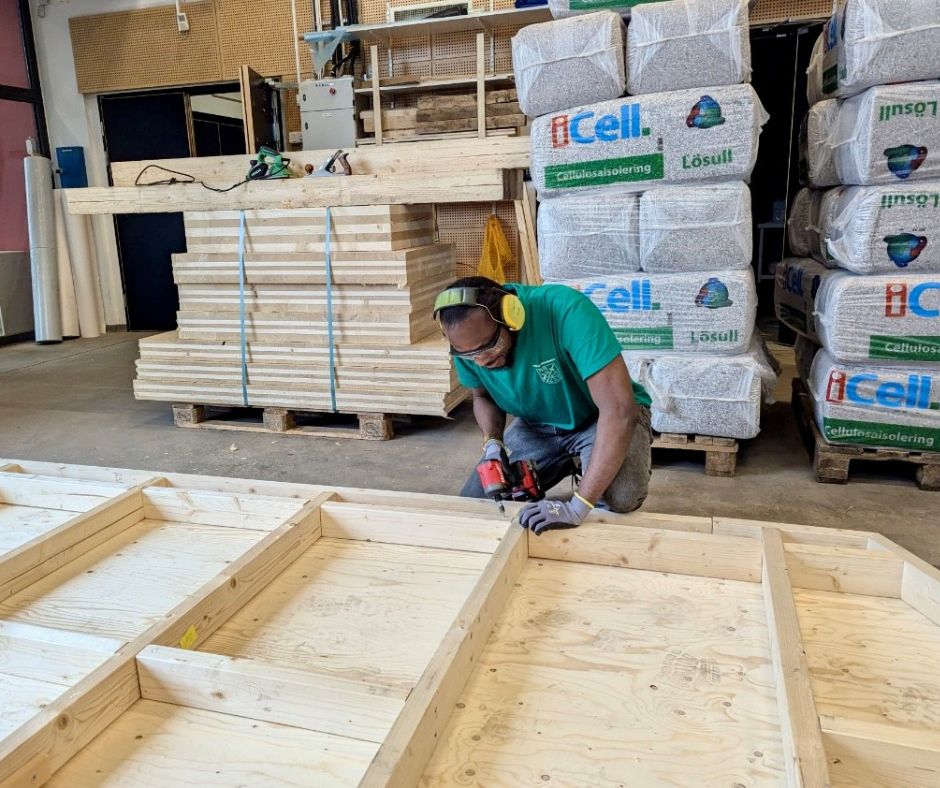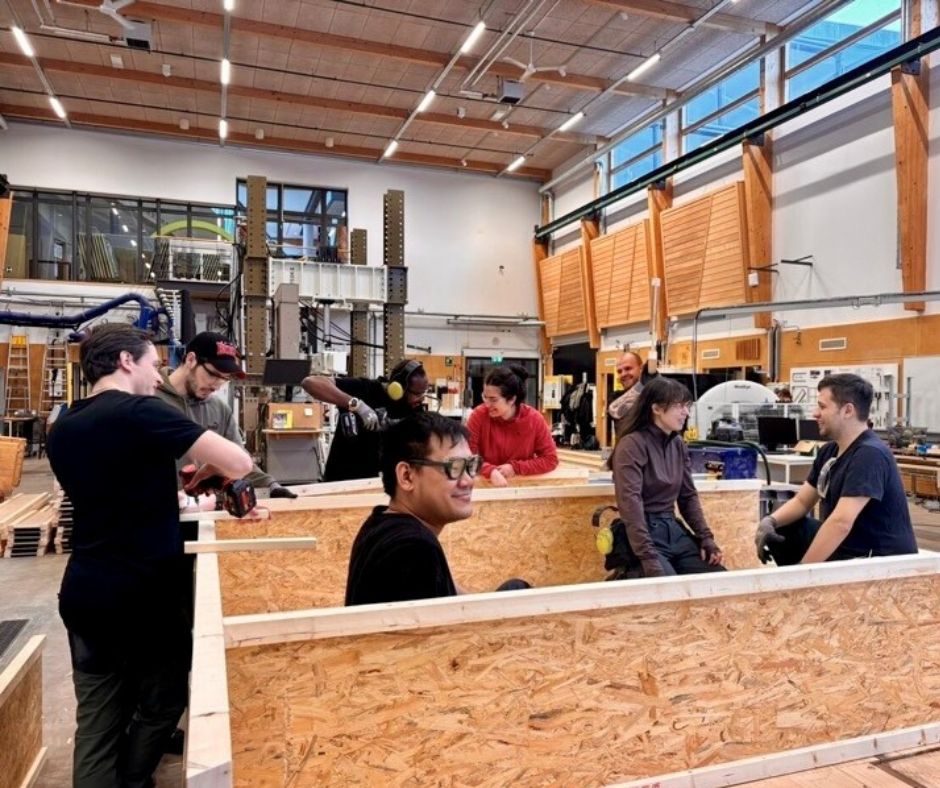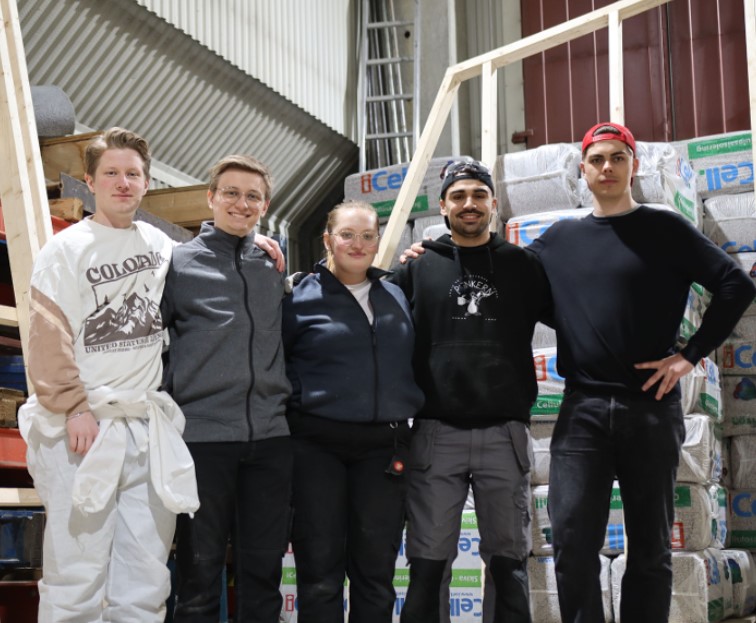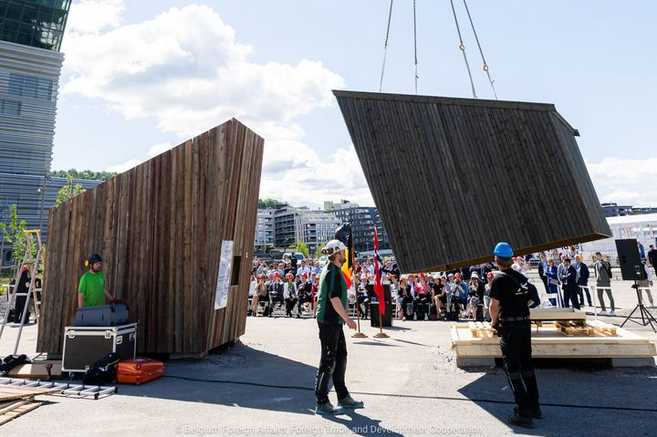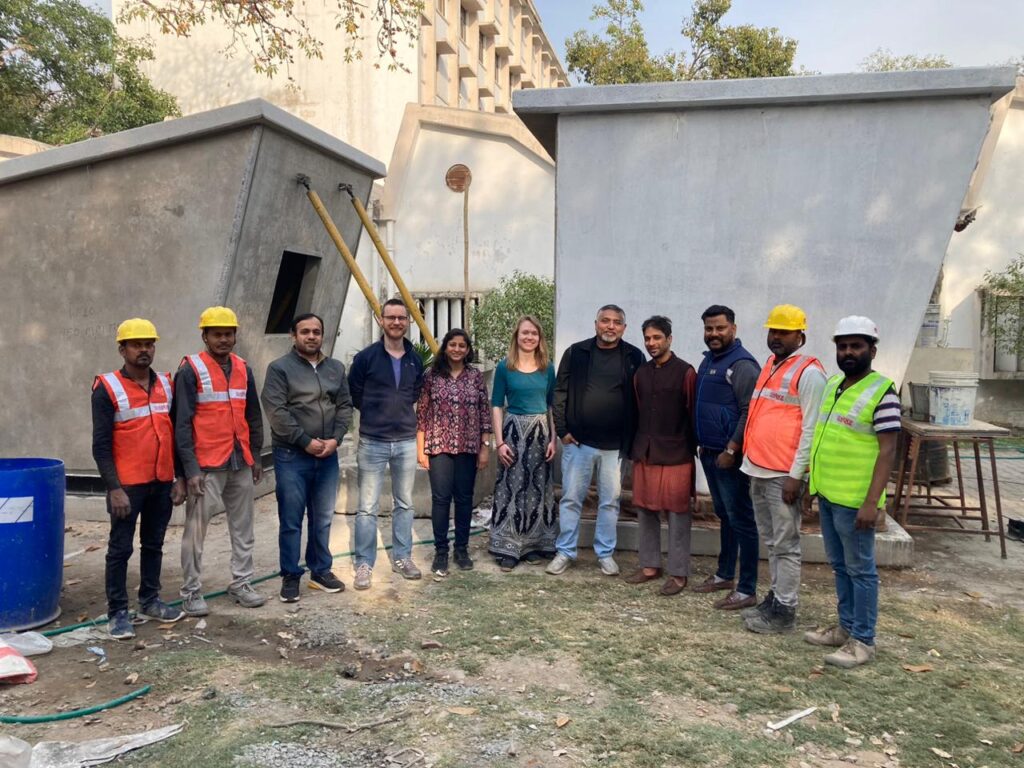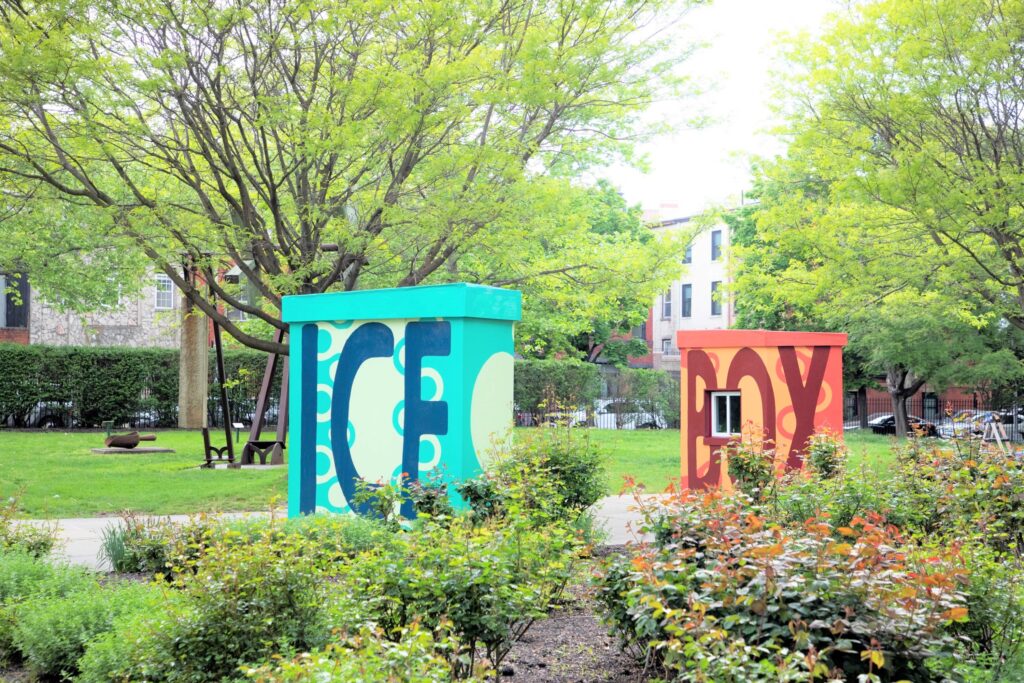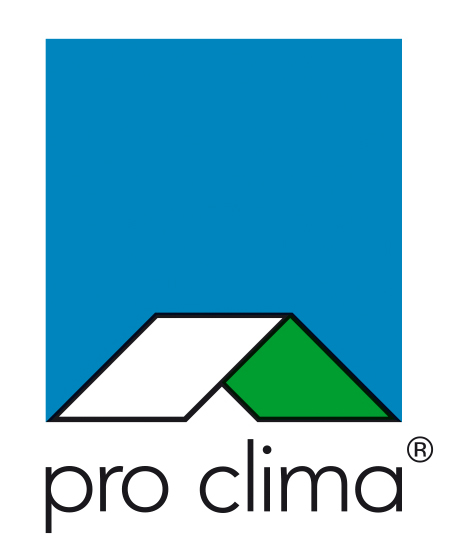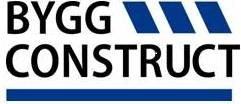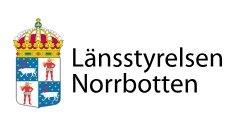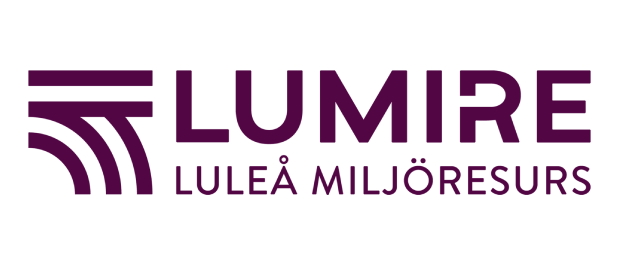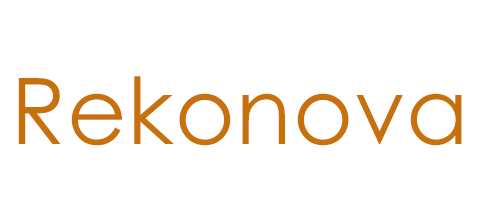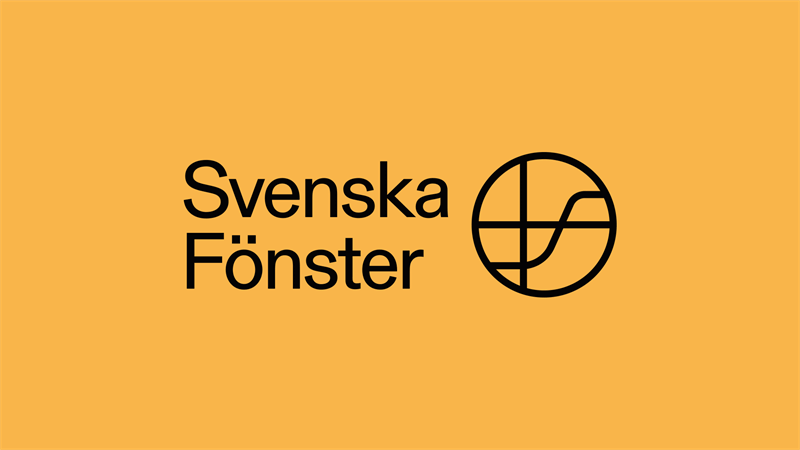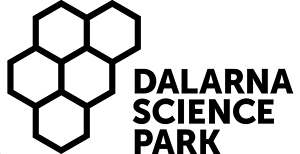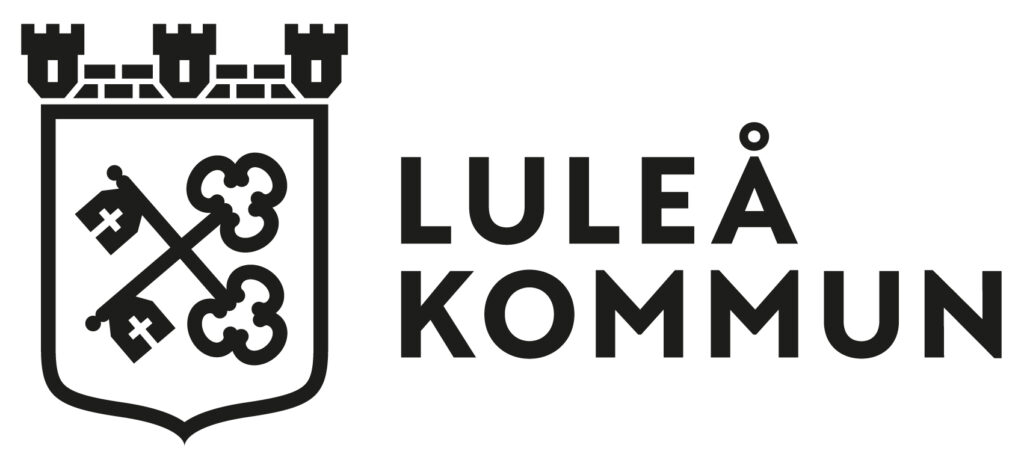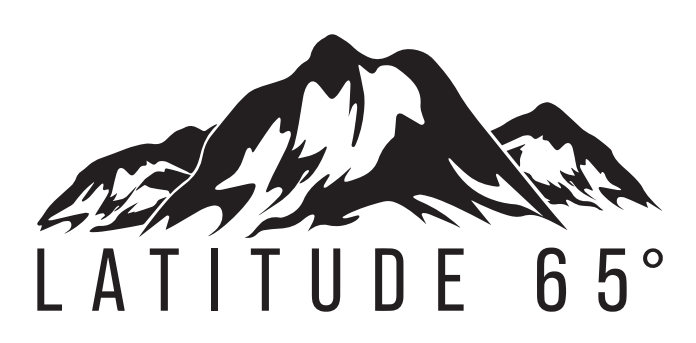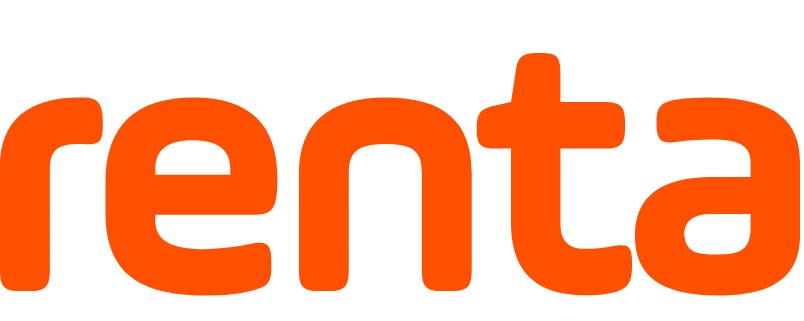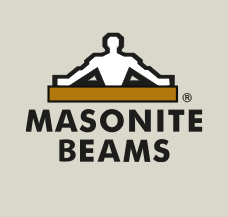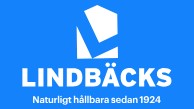
Sweden takes on the Ice Box Challenge: Building for a Sustainable Future
The Ice Box Challenge is a global initiative that has been organized in over 17 cities worldwide for the past 18 years. It aims to raise awareness of sustainable construction and energy efficiency. Now, IG Passivhus Sverige has brought this challenge to Sweden, where the concept of the Passive House started in the 1980s.
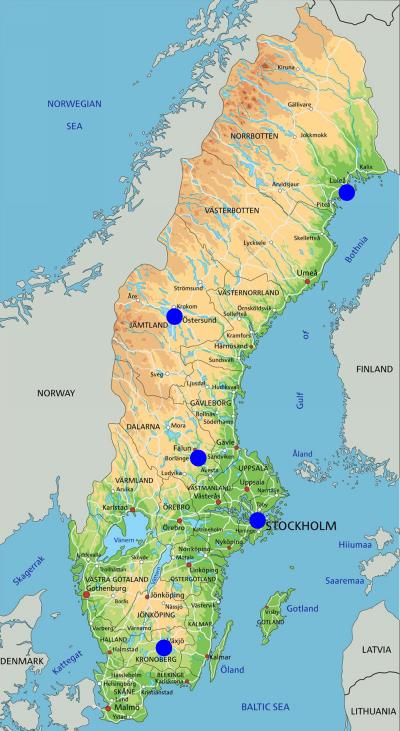
“For the first time ever, students from five different Swedish universities will participate in the competition, where they will compete to build the most sustainable and energy-efficient mini-house.”
– IG Passivhus Sverige
The competition, which integrates five of the UN’s Sustainable Development Goals, involves storing two one-ton blocks of ice in a purpose-built mini-house for a month. One of the houses is built according to national energy standards, while the other is a sustainable, energy-efficient, and circular house with the lowest possible climate impact. At the end of the competition, which will culminate in a ceremony on the 6th of June 2025, the mini-houses will be opened to measure how much ice has melted in each. The results will clearly illustrate how different building standards impact energy consumption and sustainability.
“I am very proud to be leading this Swedish Ice Box Challenge this year and am very curious to see the 10 different boxes in four different climate zones across Sweden on the National Day, 6th of June 2025.”
– Simone Kreutzer Wesslund, CEO IG Passivhus Sverige
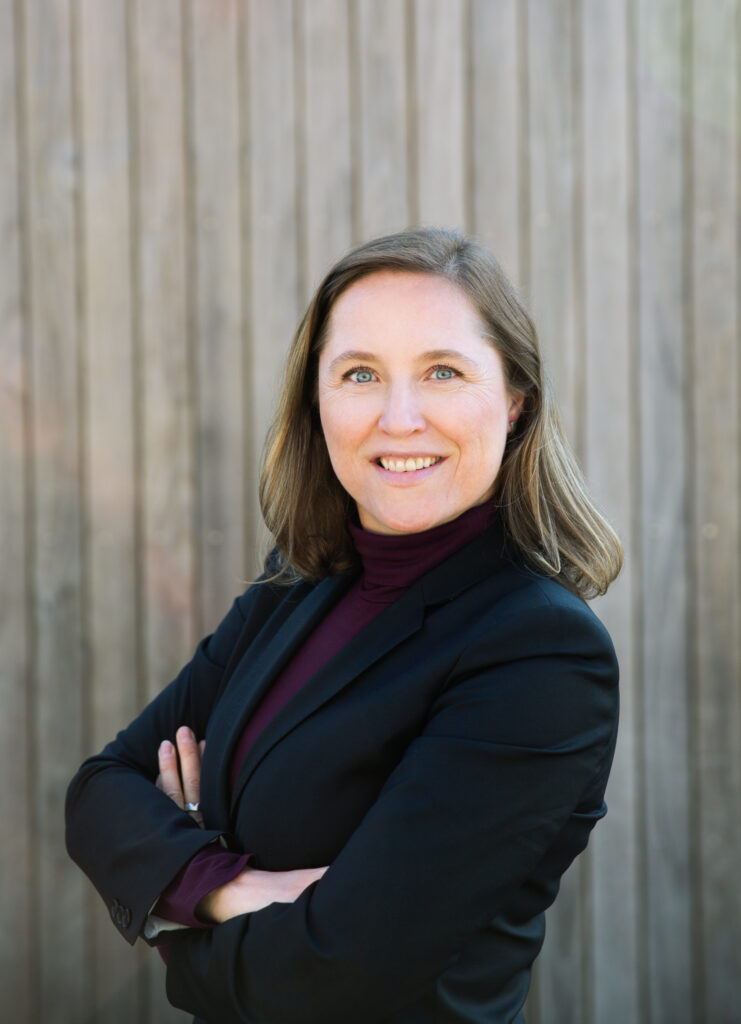
Pushing the Boundaries of Sustainable Design
Students of architecture and engineering are tasked with designing and constructing two ice boxes according to the competition’s guidelines. One box will adhere to Sweden’s BBR29 building code, while the other will feature a Passive House building envelope (PHPP), with full insulation, no thermal bridges, airtight construction, Passive House windows, and more. The design should also allow for easy assembly and disassembly, with a focus on materials that minimize climate impact (considering circularity, recyclability, climate declarations, and buildability). In spring 2025, the two ice boxes will be placed in a public location (TBA) for one month to test their performance.
Previous Challenges
THANKS TO
The Ice Box Challenge Consortium
The IG Passivhus Sverige organises this challenge with the support of the Passive House Institute and the International Passive House Association
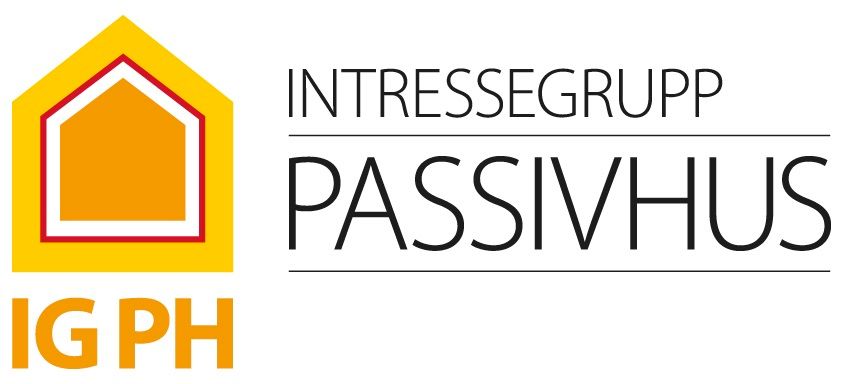


Organizing the Ice Box Challenge takes time and resources.
Despite the economic situation, we’ve been fortunate to have amazing sponsors supporting us.
We’ve put in a lot of volunteer work, but without your support, none of this would have been possible.
A huge thank you to all of you for believing in us and our 50+ students.
Your commitment makes a real difference in shaping sustainable solutions for the future.
Sponsored by
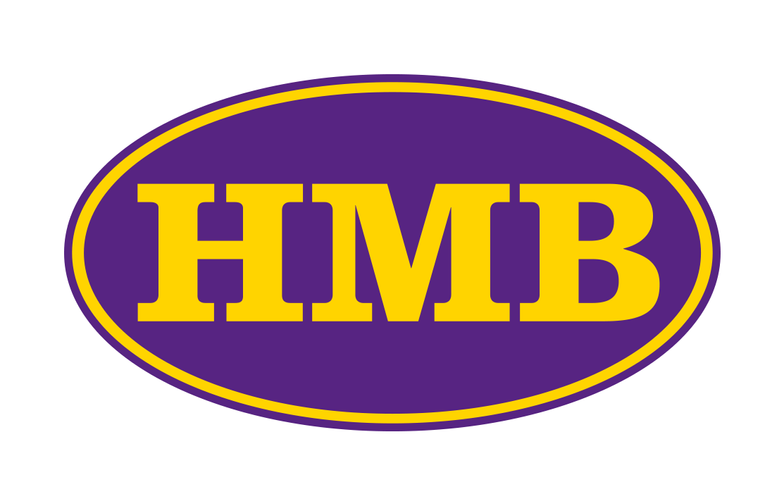
Local sponsors who have supported the students in each respective city.

